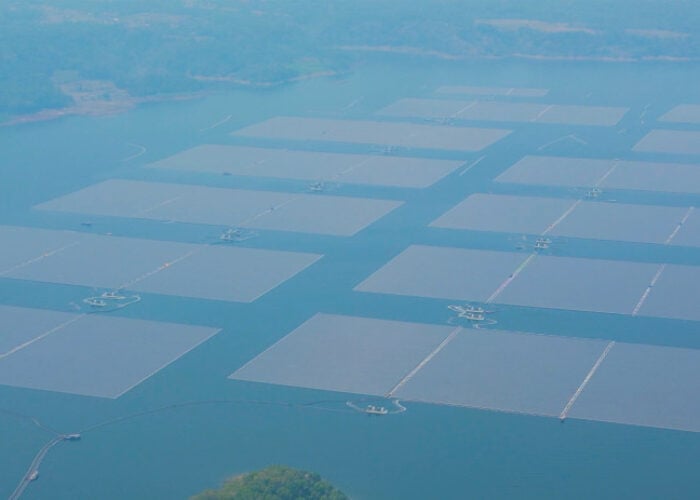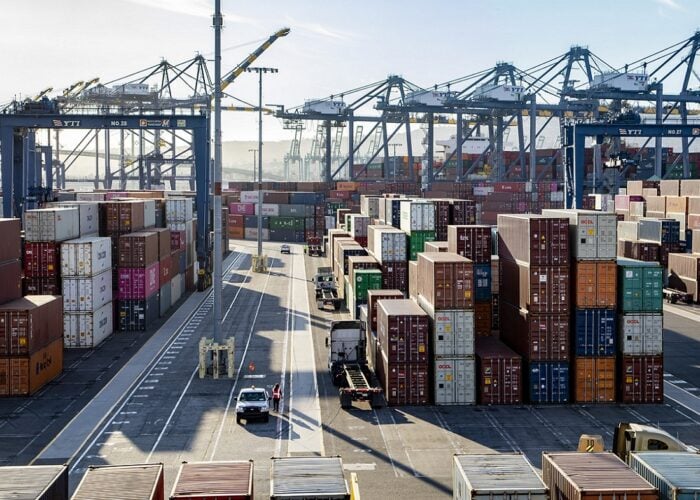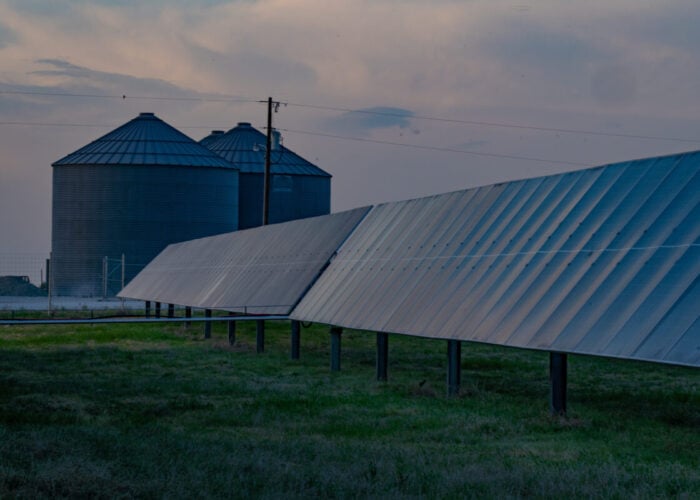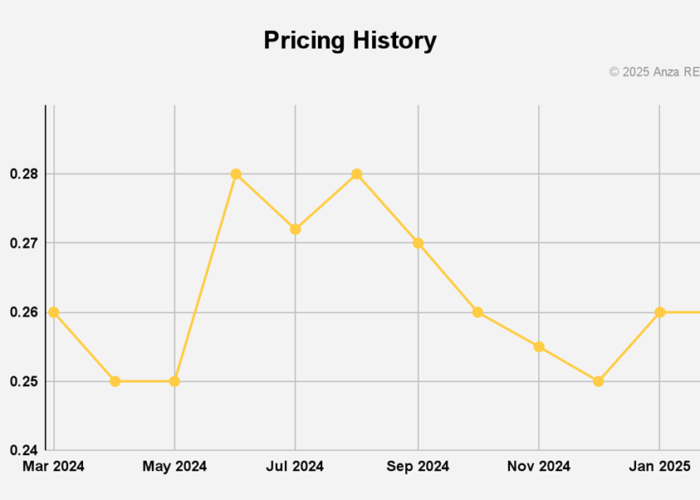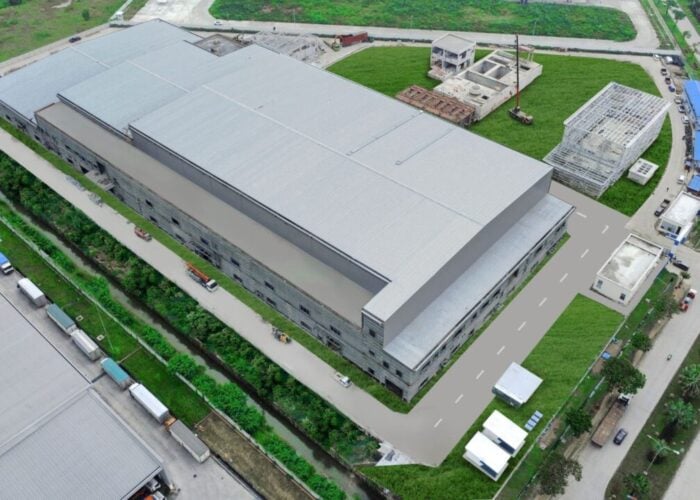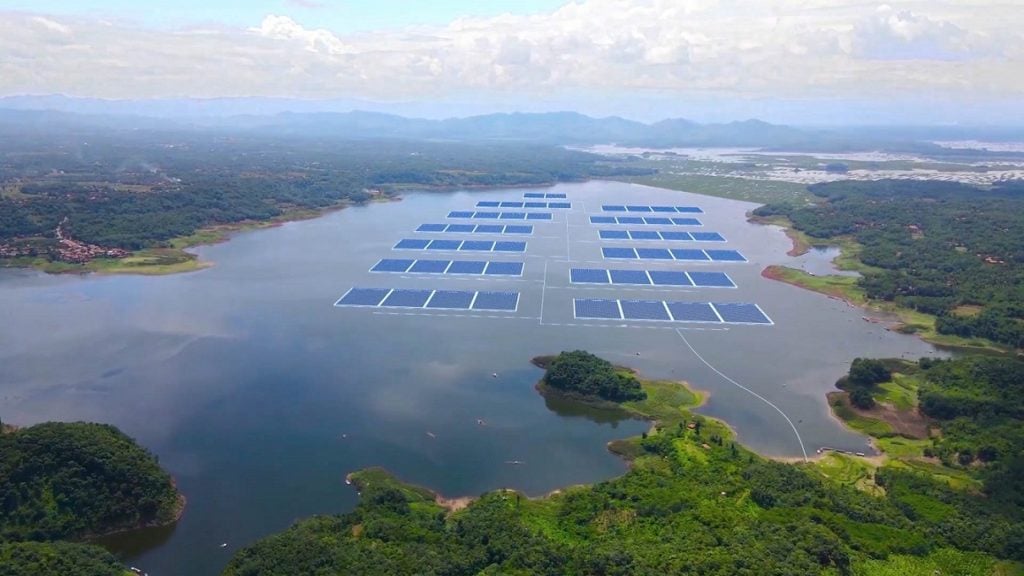
Abu Dhabi-based renewables company Masdar has a “significant ambition” to expand its clean energy portfolio in Southeast Asia, a company executive has told PV Tech.
As the firm makes progress with the development of a 145MW floating solar project in Indonesia, it is now looking to grow in nearby countries. “We are exploring opportunities in Malaysia, Philippines, Thailand and Vietnam. We see the entire ASEAN (the Association of Southeast Asian Nations) region as a key market,” said Ahmed Al Awadhi, director of business development and investment at Masdar Clean Energy.
Unlock unlimited access for 12 whole months of distinctive global analysis
Photovoltaics International is now included.
- Regular insight and analysis of the industry’s biggest developments
- In-depth interviews with the industry’s leading figures
- Unlimited digital access to the PV Tech Power journal catalogue
- Unlimited digital access to the Photovoltaics International journal catalogue
- Access to more than 1,000 technical papers
- Discounts on Solar Media’s portfolio of events, in-person and virtual
Or continue reading this article for free
He said the company will continue to deploy capital into Asia Pacific’s renewables industry, across technologies including solar, storage and wind.
In particular, Masdar sees “enormous potential” to deploy clean energy projects in Indonesia, which is said to account for nearly 40% of total energy use among ASEAN countries and is targeting 23% of its energy mix to be from renewable sources by 2025.
“Aside from strong favourable market conditions, relations between the UAE and Indonesia are also very strong,” Al Awadhi said. “The [Indonesian] government is also considering plans to develop an additional 60 floating photovoltaic plants – capitalising on its existing natural resources, with the country containing over 600 lakes and reservoirs.”
Masdar recently formed a joint venture with PT PJBI, a subsidiary of Indonesia’s state electricity company PT PLN, to drive development of the 145MW floating solar project at the Cirata reservoir in West Java.
The plant will be built on 4% of the reservoir’s water surface, with approximately 350,000 solar panels arranged into multiple islands anchored to the bottom of the reservoir using mooring lines. It will be connected to the 150kV Cirata switchyard, located 4km from the power project.
After signing a power purchase agreement for the facility early last year, Masdar is benefiting from PT PJBI’s local knowledge, as two companies work on achieving financial close, with construction slated to start in the first half of 2021.
Al Awadhi said that operating in Indonesia requires the right network and local knowledge to deliver results, especially in areas such as site access, permitting, offtake and regulations. “PJBI is playing a significant role in bringing the project to closing, particularly on the permitting work stream, on land-related matters and other crucial local activities. On our side, Masdar contributes with its technical know-how through its extensive renewable energy and clean technology development experience across 30 countries around the world.”
Founded by the Abu Dhabi government in 2006, Masdar now has an operational or under-development generating capacity of more than 10GW, with a presence in the solar sector of countries such as Jordan, Morocco, Egypt and Armenia. The company recently entered the US solar market and penned a deal with EDF to work on renewables projects in Israel.
With the initial success of the PT PJBI collaboration in Indonesia, Al Awadhi said the firm is looking to maintain its growth in Southeast Asia through similar collaborations: “Partnerships lie at the heart of our business and investment philosophy.”

